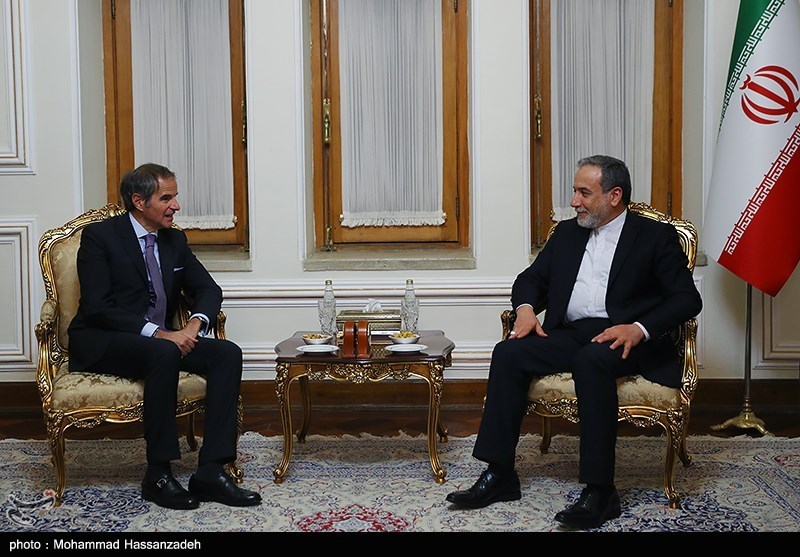Washington Doubts the Nuclear Agency Agreement with Iran and Asserts: "We Will Hold Tehran Accountable"

The United States expressed deep skepticism about the agreement announced by the International Atomic Energy Agency with Iran, which stipulates the return of international inspectors to Iranian nuclear facilities. Washington reiterated that "holding Iran accountable for its actions" will continue until Tehran takes tangible steps.
A spokesperson for the U.S. State Department was quoted as saying: "Washington is waiting for the details," emphasizing that what is required is "words backed by tangible steps from Iran, not theatrical moves." The spokesperson added that the U.S. will continue to "hold Iran accountable for its actions" until it reaches an agreement "in which Iran abandons its ambitions to build a nuclear weapon and stops enrichment, which would be beneficial for the Iranian people, the Middle East, and the world."
Washington maintains its demands, which include full cooperation with the nuclear agency, responding to the agency's report issued last June, abandoning quantities of enriched uranium exceeding 400 kilograms at a 60% enrichment level, and full disclosure of previous suspicious nuclear activities.
This comes at a time when Europeans are threatening to impose strict economic sanctions if Iran does not respond to international demands. Washington justified this approach by stating that "Tehran's long-standing refusal to fulfill its nuclear obligations is what prompted the trio (Britain, France, and Germany), supported by the United States, to reimpose these sanctions."
U.S. estimates indicate that Iran is capable of fully resuming its nuclear program within a year, which creates a pressing timeline to reach a political solution. Israeli forces and American bombers have conducted strikes on Iranian facilities since last June, causing significant damage at several sites.
The U.S. administration under President Trump continues its maximum pressure policy, which targets not only the nuclear file but also Iran's regional ambitions, as Washington considers Tehran to be "the largest state sponsor of terrorism," urging it to "choose the interests of its people rather than follow regional control ambitions."
Thus, the coming weeks emerge as a critical crossroads, between the option of reaching an agreement with Tehran or entering a new phase of harsh sanctions targeting the Iranian nuclear program.